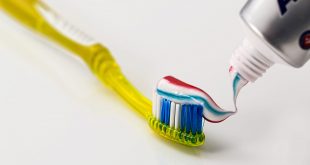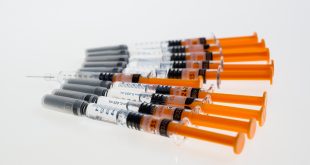Cosmetics
Burns
By: Emily Zhang
Computers give off static electricity, which can gather particles towards it. Small facial pores can be blocked by these particles, forcing your skin to make the pores larger. This results in rougher skin and increased acne. If you use your computer regularly, it is recommended that you wash your face every 3 hours, clean your skin, and then apply moisturizer.
Laptops give off heat, which can already be dangerous. Leaving the laptop on your skin can lead to burns and rashes. One symptom specifically connected to laptop use is called “toasted skin syndrome,” or Erythema ab IGNE, which results in permanent discoloration of the skin. Erythema ab IGNE is a reticular, pigmented, sometimes telangiectatic dermatosis that is caused by prolonged exposure to heat or an infrared source. Laptop-induced erythema ab IGNE is often seen on the thighs and if asymmetric. In Andreas W. Arnold, Peter H. Itin’s article “Laptop Computer–Induced Erythema ab IGNE in a Child and Review of the Literature”, they reported the case of a 12-year-old boy with erythema ab IGNE on his left thigh caused by the use of a laptop computer. This is the youngest of the 10 reported patients since this disease’s first description in 2004. The same case was one of 10 reported in a 2010 study in Pediatrics. Researchers explained that the skin condition was the result of prolonged exposure to heat from the laptop, emanating from the optical drive, the battery, or the ventilation fan of the computer.
Cancer
Swiss researchers, Drs. Andreas Arnold and Peter Itin from University Hospital Basel found that a hot laptop could lead to skin damage on your lap, which could possibly develop into skin cancer.
The claim was supported by dermatologist Anthony J. Mancini, who said that prolonged skin inflammation can potentially increase the chances of squamous cell skin cancer, which is more aggressive than the more common form of skin cancer. As people often hold laptops to their reproductive organs, it may also cause testicular and ovarian cancers.
Reference:
 Tempus Magazine By Students, For Students
Tempus Magazine By Students, For Students 



